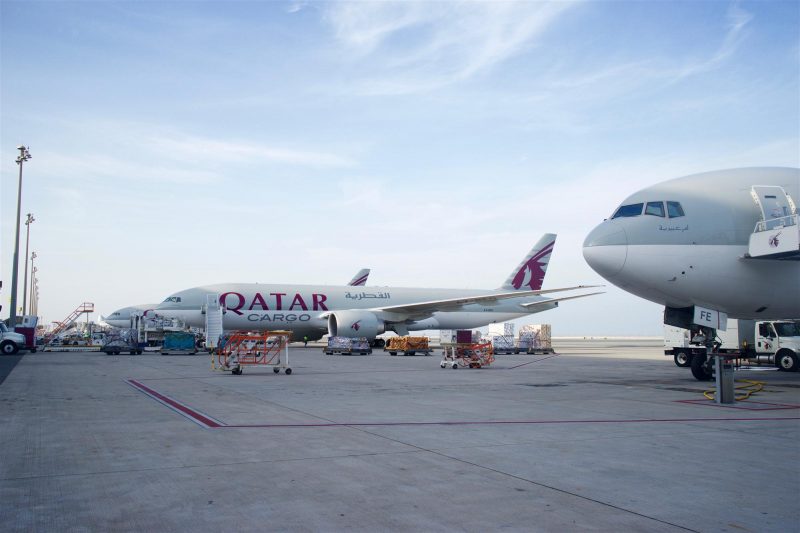Qatar Airways Cargo revenue up by 34.4%
Qatar Airways grew its cargo revenue by 34.4 percent to QR8.59 billion (US$2.36 billion) from April 1, 2017 to March 31, 2018, according to the airline’s annual report for the fiscal year 2018.
Overall, the Qatar Airways Group generated a total revenue of QR42.2 billion ($11.6 billion) for the financial year, an increase of 7.22 percent, but made an overall loss attributable to the owners of QR252 million (US$69.2 million), compared to a profit of QR2.79 billion ($767 million) in fiscal 2017.
Akbar Al Baker, Group Chief Executive, Qatar Airways, said that this was the most challenging year in the airline’s 20-year history, with the weaker performance directly attributable to the severing of diplomatic relations with Qatar by several countries including neighbors Bahrain, Saudi Arabia and the United Arab Emirates from June 2017.
The cargo division appeared to be unaffected, having carried 1.36 million tons for the year, representing a year-on-year growth of almost 18 percent. Cargo capacity grew by almost 14 percent.
Qatar Airways Cargo is now the second-largest international air cargo carrier. From April 1, 2017 to March 31, 2018, two Boeing 747-8Fs and a 777F joined the fleet.
Including two new 777Fs that were just recently delivered, Qatar Airways Cargo now operates a freighter fleet consisting of eight Airbus A330-200Fs, two 747-8Fs and 15 777Fs.
During the financial year, the carrier launched freighter services to London Heathrow, Phnom Penh, Pittsburgh and Yangon, and increased capacity to the main hubs of Hong Kong and Luxembourg.
The completed rollout of freighter centralized load control and fully digital ramp handling across the entire freighter network resulted in a 30 percent improvement in on-time performance compared to fiscal 2017.
Overall, Qatar Airways launched 14 destinations in fiscal 2018 to offset the loss of 18 regional destinations in Bahrain, Egypt, Saudi Arabia and the UAE. The airline also took delivery of seven A350-900s, one A350-1000, two A380s and seven 777-300ERs, according to the annual report.


